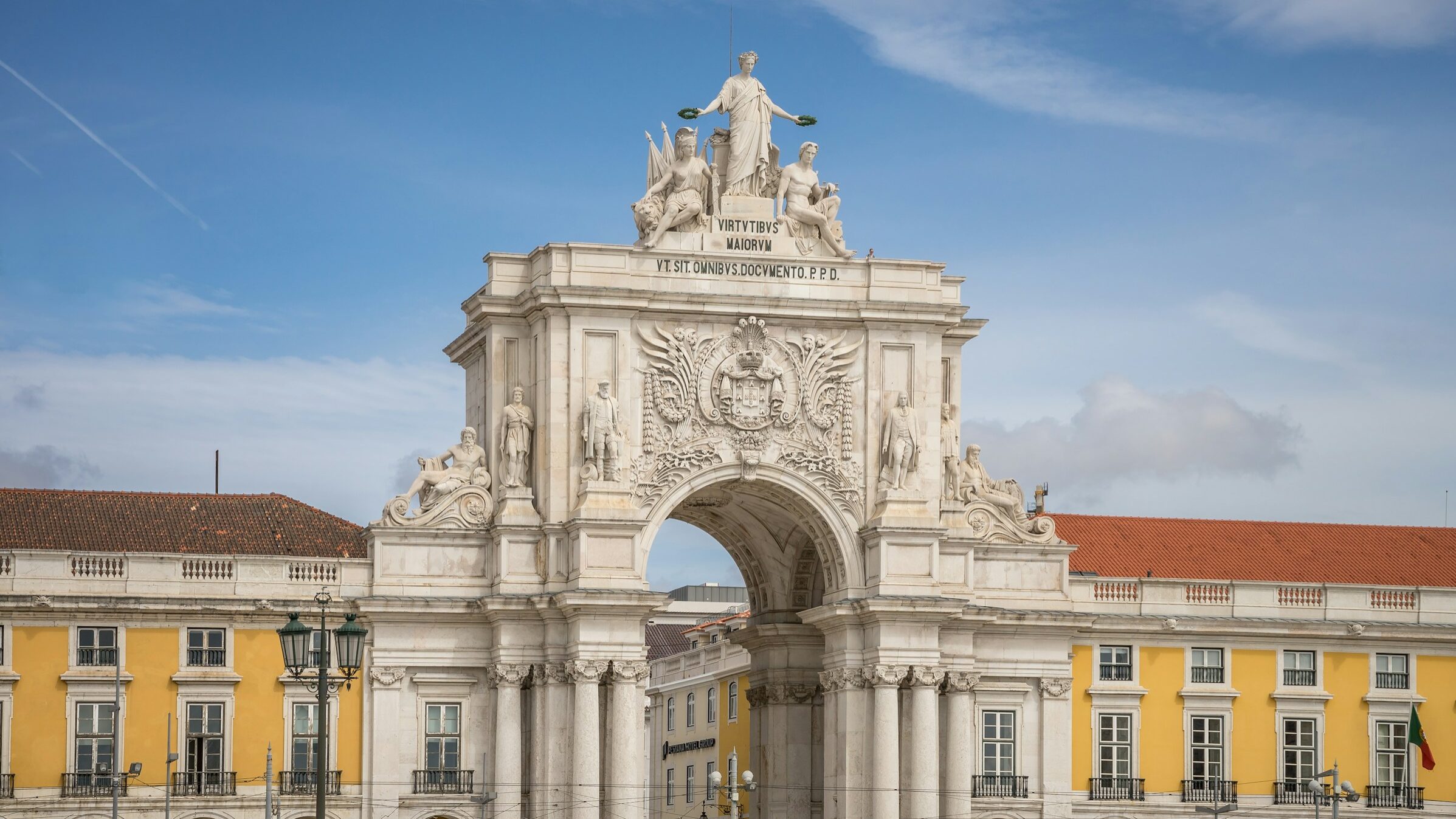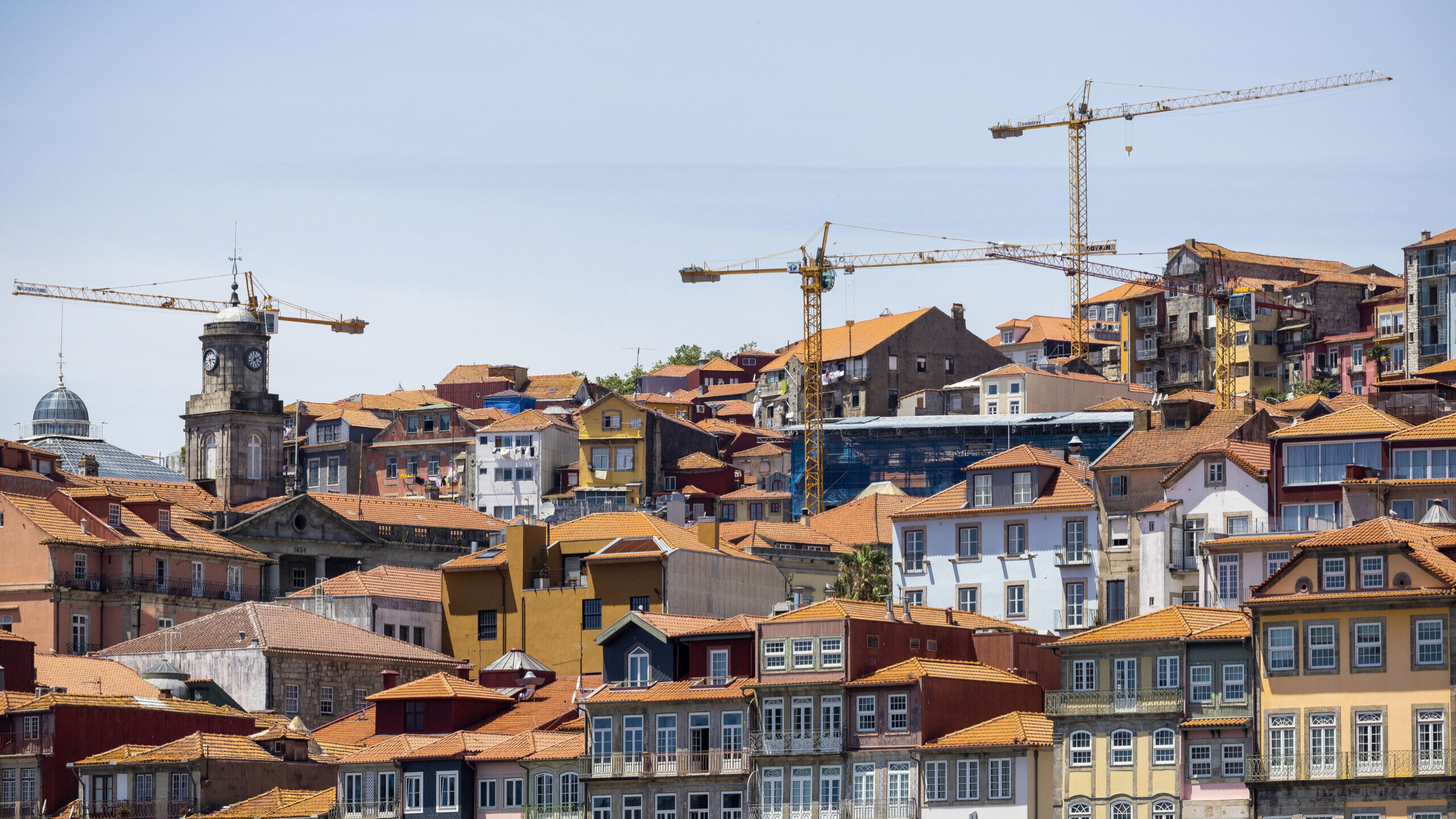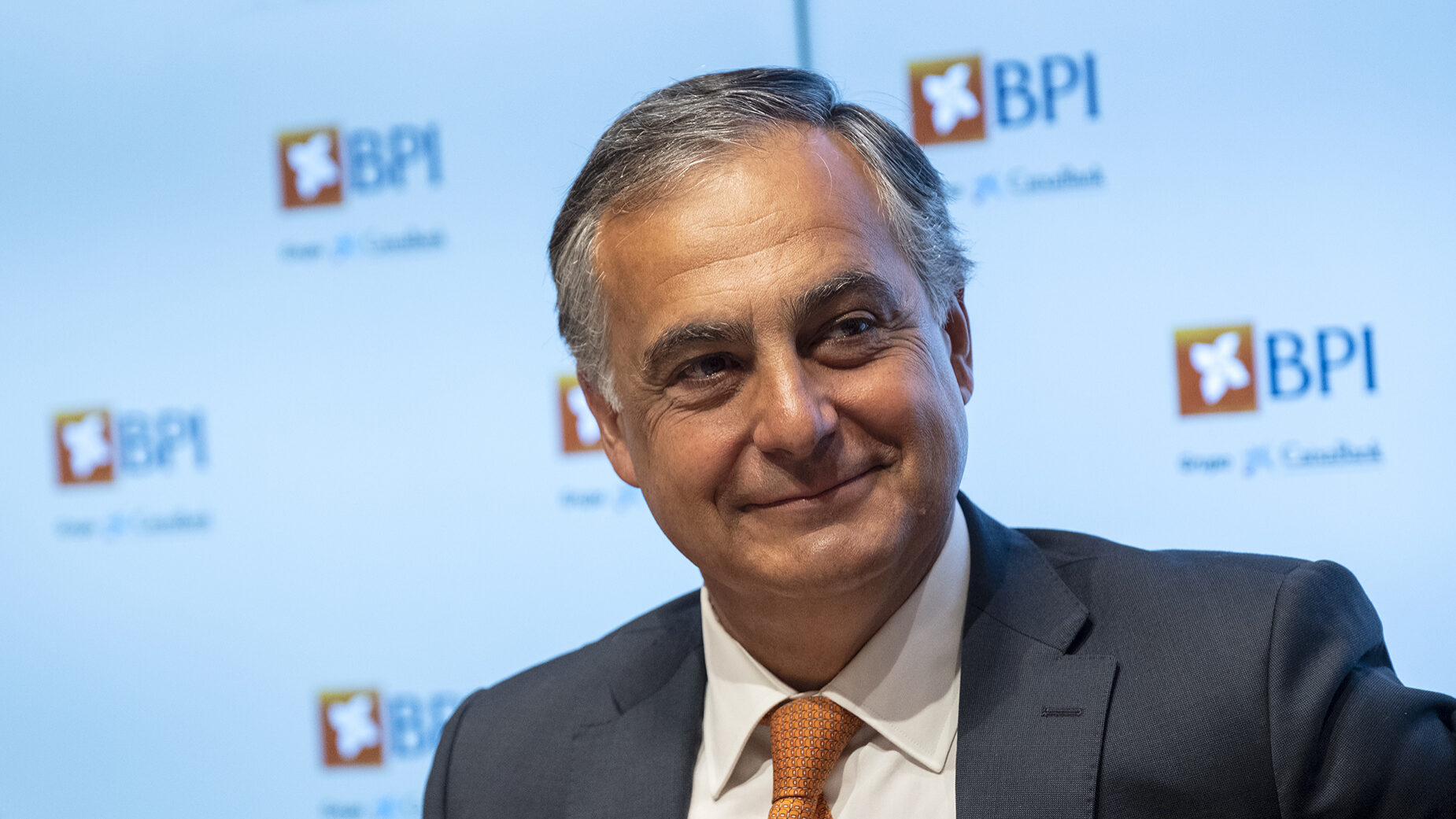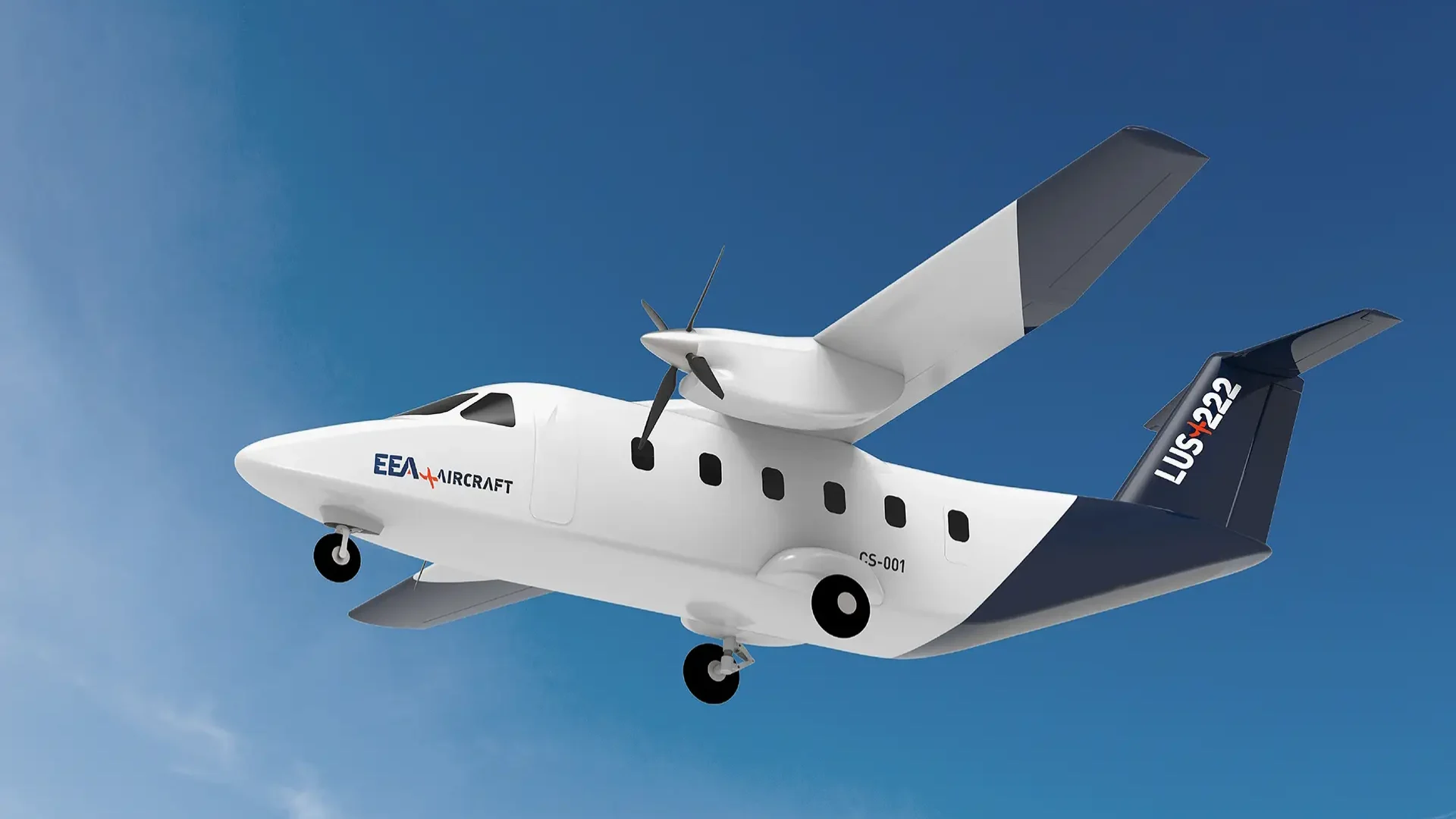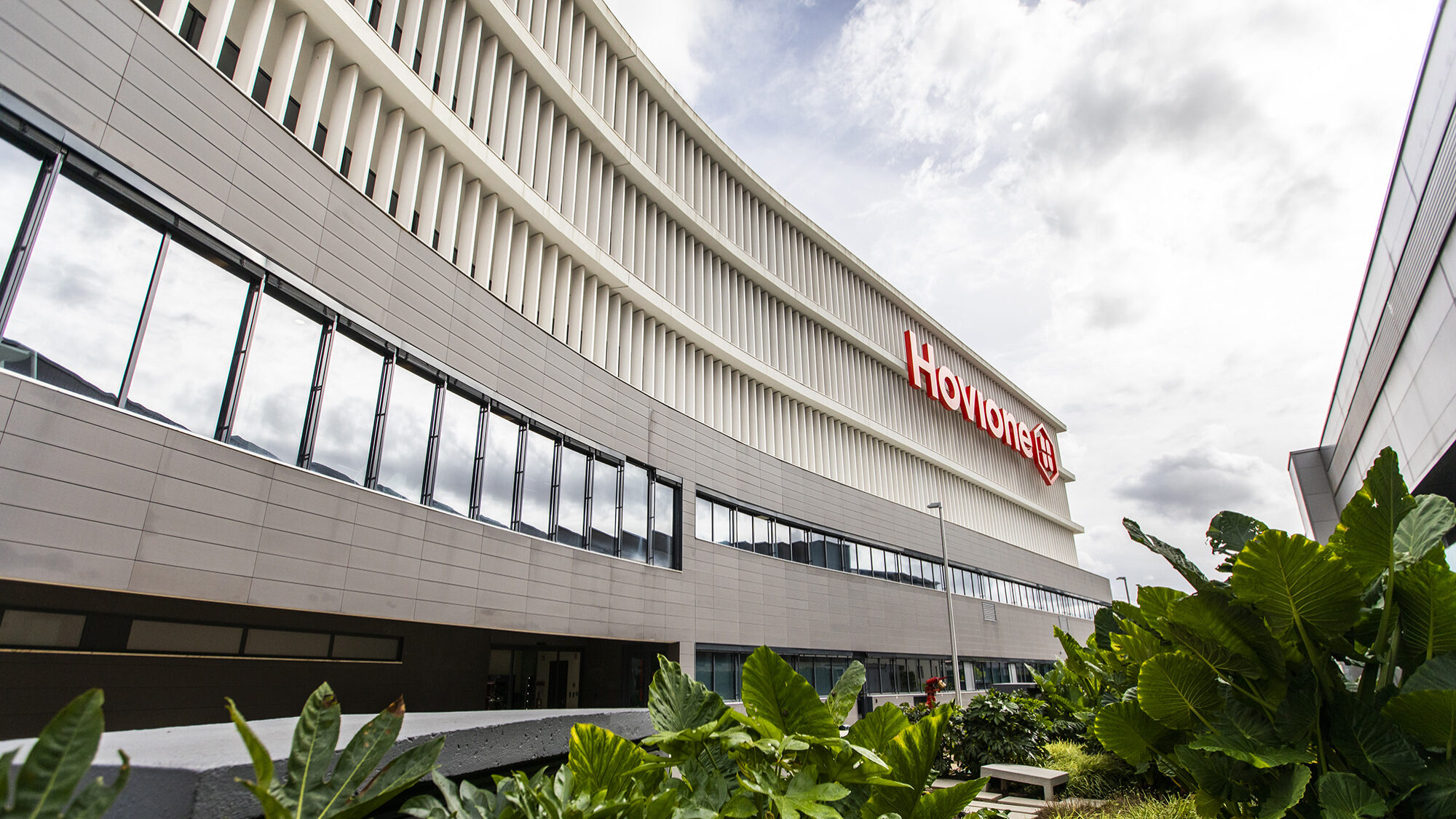Air France-KLM promises TAP reinforcement in Brazil and partnership for the US, champion in profitability
The CEO of the Franco-Dutch group admits to including investment in a maintenance operation, the production of sustainable fuels and a Transavia base in a proposal for the purchase of TAP.
Air France pioneered the consolidation movement in the aviation sector with the acquisition of KLM in 2004. This was followed by the purchase of 19.9% of SAS last year, and now TAP may become the third target. Among the main assets that the Dutch group has to offer in the privatisation are the integration of the Portuguese company into one of the three large and profitable transatlantic partnerships and growth in Brazil.
“All three large groups have extensive partnerships with American airlines”, said the CEO of the Dutch group during a press conference with Portuguese journalists on Friday. Air France-KLM with Delta, the IAG group (owner of British Airways and Iberia) with American Airlines, and Lufthansa with United Airlines.
“These three partnerships are the most profitable components of the three European groups. Intra-European flights are loss-making, and transatlantic flights are the most profitable”, said Benjamin Smith.
Although TAP is part of the Star Alliance, like Lufthansa and United Airlines, it has never managed to enter into an agreement of this type. “One of the major disadvantages TAP had in the past was that, despite being part of the Star Alliance, it was never integrated into a transatlantic joint venture. This made it more difficult to increase profitability”, says the CEO of Air France-KLM.
Benjamin Smith believes that the Portuguese airline has “legitimate aspirations” to enter into one of these partnerships and adds that the many slots (time slots) it has at the congested Lisbon airport “are one of the reasons why TAP has managed to stay alive”.
Synergies to strengthen TAP in Brazil
Air France-KLM has long seen TAP’s leadership in flights between Europe and Brazil, where it serves 14 destinations, as the Portuguese company’s greatest asset. Benjamin Smith argues that integration into the Dutch group would further strengthen this position.
“TAP already has an extensive network of destinations in Brazil, but it does not have the commercial strength of a large group that is available to fully integrate it into its management structure”, said the CEO of Air France-KLM. “This is our desire and will be part of our proposal if we decide to go ahead with an offer”, he assured.
The Franco-Dutch group flies to four destinations in Brazil, where it has an exclusive partnership with Gol airlines. “With Gol, Air France-KLM and TAP, performance will be much better with all the synergies”, allowing it to compete with an “unrivalled offer”, he said. TAP also has a commercial agreement with Brazil’s Azul for domestic flights.
“We are the second largest player in Latin America. If we combine Air France-KLM with TAP, we will become the largest group flying to Latin America. From a strategic point of view, this is positive for TAP”, added the manager.
Maintenance and sustainable fuels
TAP’s specifications define the presentation of an industrial plan as one of the criteria that will weigh in the evaluation of candidates. In this context, the proposal for the development of the sustainable aviation fuel production business will be valued, as well as “maintenance and engineering services, namely component and engine maintenance, and the promotion of investment in maintenance facilities”.
The CEO of Air France-KLM admits to meeting those expectations. “Access to skilled workers and the price make the prospect of doing business in Portugal attractive” in the area of maintenance and engineering, he said. He also mentioned the production of sustainable aviation fuels (SAF) “in partnership with an oil company”.
Benjamin Smith also includes Transavia, the group’s low-cost airline, in the equation, admitting the establishment of a base in Porto or another city to ‘improve the connectivity of secondary airports in Portugal’.
The strengthening of TAP’s connectivity is one of the aspects highlighted. The group says that the airline would have access to 102 new destinations outside Europe.
Air France-KLM CEO sees risk in IAG group
The head of the Franco-Dutch group also commented on one of the most likely candidates for privatisation, the IAG group, owner of British Airways, Iberia, Aer Lingus, among others.
“I think it’s a high risk for IAG to control Iberia and 20% of Air Europa. It would be more difficult to get the acquisition of TAP approved by the European Commission”, said Benjamin Smith.
“Personally, I think it will be difficult to sell to the Portuguese public the fact that a company partially based in Madrid has a significant stake in a Portuguese company”, he added.
Asked to comment on the possible interest of a Middle Eastern company, Benjamin Smith admitted that if this happens, it could be a difficult competitor to beat. “If the State of Qatar wants to invest in Portugal through its airline, it would be very difficult for us to compete with that. Qatar has invested in IAG, in Latam, so if it wanted to invest in TAP, it wouldn’t surprise me.”
